sleep
-

December 2019 The Bridge Editorial
It has been 2 years since The Bridge was relaunched in its current form. Each monthly themed edition publishes summaries of selected papers from the ACAMH journals – JCPP and CAMH – and occasionally features guest research digests. Over the past two years we have covered a huge range of topics and published over 170 research summaries and counting.
Read more -
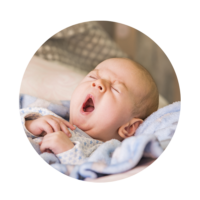
-

Improvements of adolescent psychopathology after insomnia treatment: Results from a randomized controlled trial over one year.
Many adolescents experience sleep problems, which can be caused by hormonal changes during puberty, and social changes with increasing complexity of daily life while growing up.
Read more -

Sleep partially mediates the link between adverse childhood experiences and delinquency
A recent study has now investigated the mechanisms underlying the apparent link between ACEs and high rates of delinquency in children in foster care, with a specific focus on sleep.
Read more -
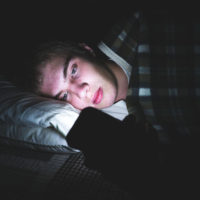
Sleepiness in adolescence is associated with criminal behaviour in adulthood
Poor sleep seems to be associated with antisocial and criminal behaviour, but the longitudinal nature of this relationship is unclear.
Read more -
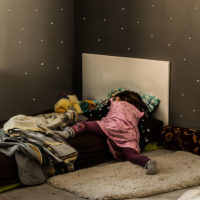
Sleep problems in preschoolers predict depression and anxiety severity
The bidirectional links between sleep problems and psychopathology in children have been well-reviewed,1 but few investigations have been performed in young samples and those with early-onset psychopathology.
Read more -

Day-time naps promote vocabulary growth in early childhood
Napping is at least as important, if not more so, than night-time sleep when it comes to vocabulary learning in early childhood. Find out why.
Read more -
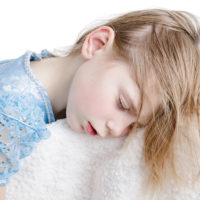
Cortical hyperarousal in children may predict insomnia in adolescence
Read about the first developmental study to examine whether increased beta EEG activity in childhood precedes the onset of pathological insomnia symptoms in adolescence.
Read more -

Prescribing in the dark: off-label drug treatments for children with insomnia
Insomnia is a common problem in children with neurodevelopmental disabilities (NDDs), and has a profound effect on quality-of-life.
Read more -
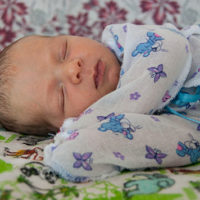
Time spent awake during the night in infancy is a marker for cognitive trajectories
This article is a summary of the Original Article in the JCPP: Infant wake after sleep onset serves as a marker for different trajectories in cognitive development – by Pisch et al.
Read more